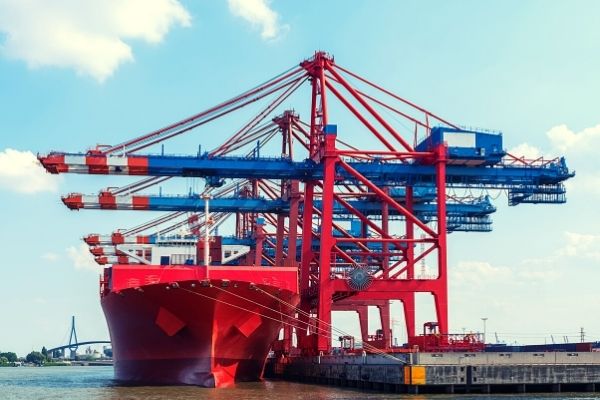Lifting machinery — gantry cranes, general cargo crane, provision crane, derrick, etc. — is used to transfer cargo and personnel in port facilities, aboard vessels, and offshore drilling platforms. They are critical in many maritime operations. Unfortunately, these types of machinery can place a maritime worker at risk when they are not properly maintained or operated. Accidents involving a vessel’s deck lifting equipment are a common cause of maritime injuries.
Preventing Deck Lifting Accidents Aboard Ships
Reducing the possibility of deck lifting equipment accidents is the responsibility of ship owners and crew. Here are a few recommendations for safely operating the deck lifting equipment aboard vessels:

We Help Maritime Workers Injured in Shipboard Lifting Equipment Accidents
If you’ve been injured in an on-the-job accident involving a crane or other type of maritime lifting machinery that occurred due to the unseaworthiness of a ship or its crew, the Jones Act and other maritime laws give you the right to seek compensation for the losses resulting from your injuries. To get the total compensation to which you are owed, you need the representation of a dedicated personal injury attorney with extensive experience in maritime law.
Lambert Zainey has been protecting the rights of injured maritime workers since the 1970s. Over the years, we’ve scored some impressive victories for our clients, including a significant settlement for a cargo ship utility man who was injured when his hand was caught and crushed in a crane’s clam-shell grabber due to the negligence of the crane operator.
Don’t put off seeking compensation for your maritime crane accident injury. Contact the Lambert Firm without delay to speak with a leading maritime injury lawyer about your claim. We are headquartered in New Orleans but represent seamen and other maritime workers injured in maritime accidents all over the U.S.
